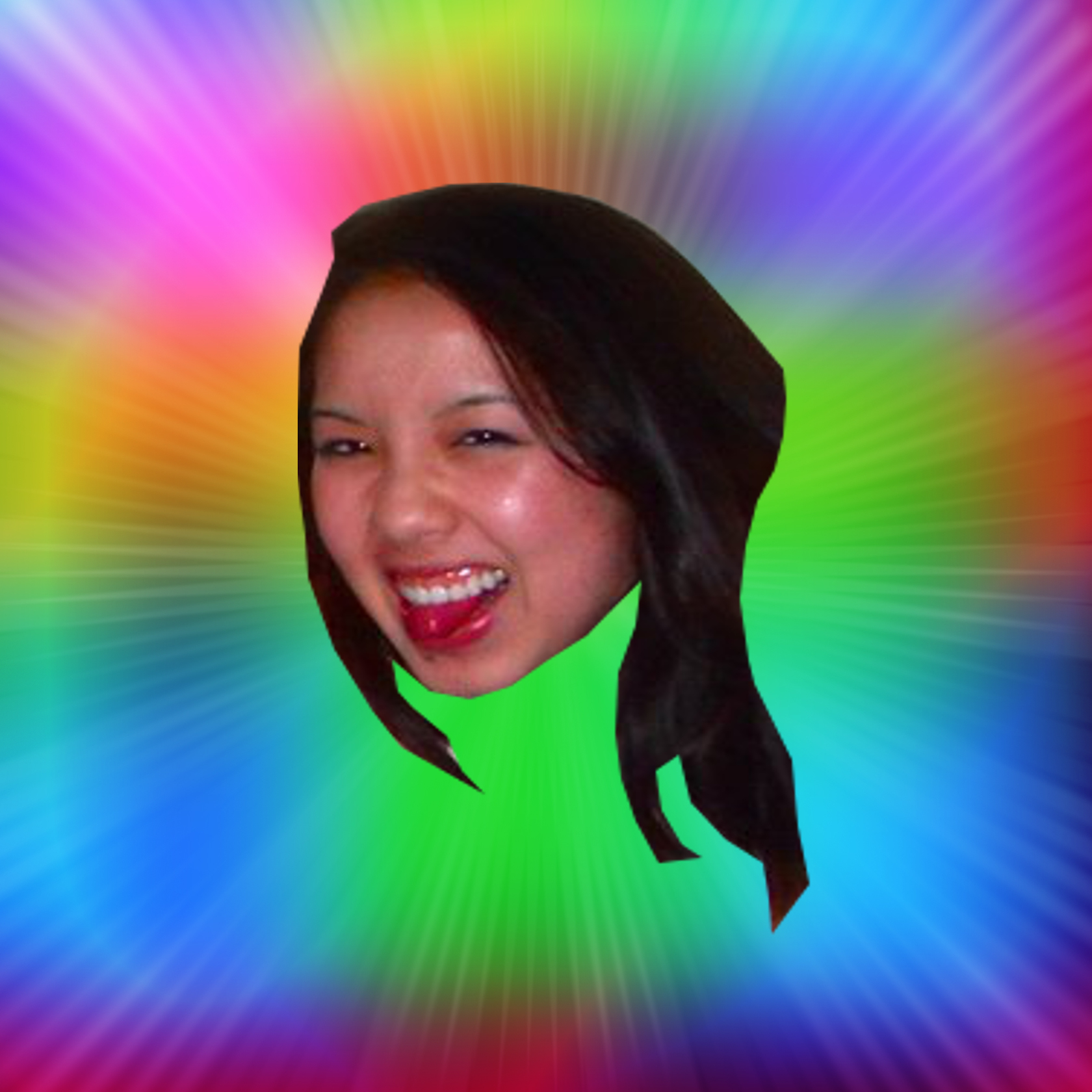Cards In This Set
| Front | Back |
 Biological psychology |
The study of the biological bases of psychological processes and behavior.
|
|
Neuroscience
|
The study of the nervous system.
|
|
Behavioral neuroscience
|
The field of study concerned with the ways in which nervous system activity manifests in behavior.
|
|
Conserved (context of evolution)
|
A trait that is passed on from a common ancestor to two or more descendant species.
|
|
Ontogeny
|
The process by which an individual changes in the course of its lifetime - that is, grows up and grows old.
|
|
Neuron
|
The basic unit of the nervous system.
|
|
Somatic intervention
|
An approach to finding relations between body variables and behavioral variables that involves manipulating body structure or function and looking for resultant changes in behavior.
|
|
Behavioral intervention
|
An approach to finding relations between body variables and behavioral variables that involves intervening in the behavior of an organism and looking for resultant changes in body structure or function.
|
|
Neural plasticity (neuroplasticity)
|
The ability of the nervous system to change in response to experience or the environment.
|
|
Reductionism
|
The scientific strategy of breaking a system down into increasingly smaller parts in order to understand it.
|
|
Dualism
|
The notion, promoted by Descartes, that the mind is subject only to spiritual interactions, while the body is subject only to material interactions.
|
|
Phrenology
|
The belief that bumps on the skull reflect enlargements of brain regions responsible for certain behavioral functions.
|
|
Histology
|
The study of tissue structure.
|
|
Gross neuroanatomy
|
Anatomical features of the nervous system that are apparent to the naked eye.
|
|
Neurophysiology
|
The study of the life processes of neurons.
|



